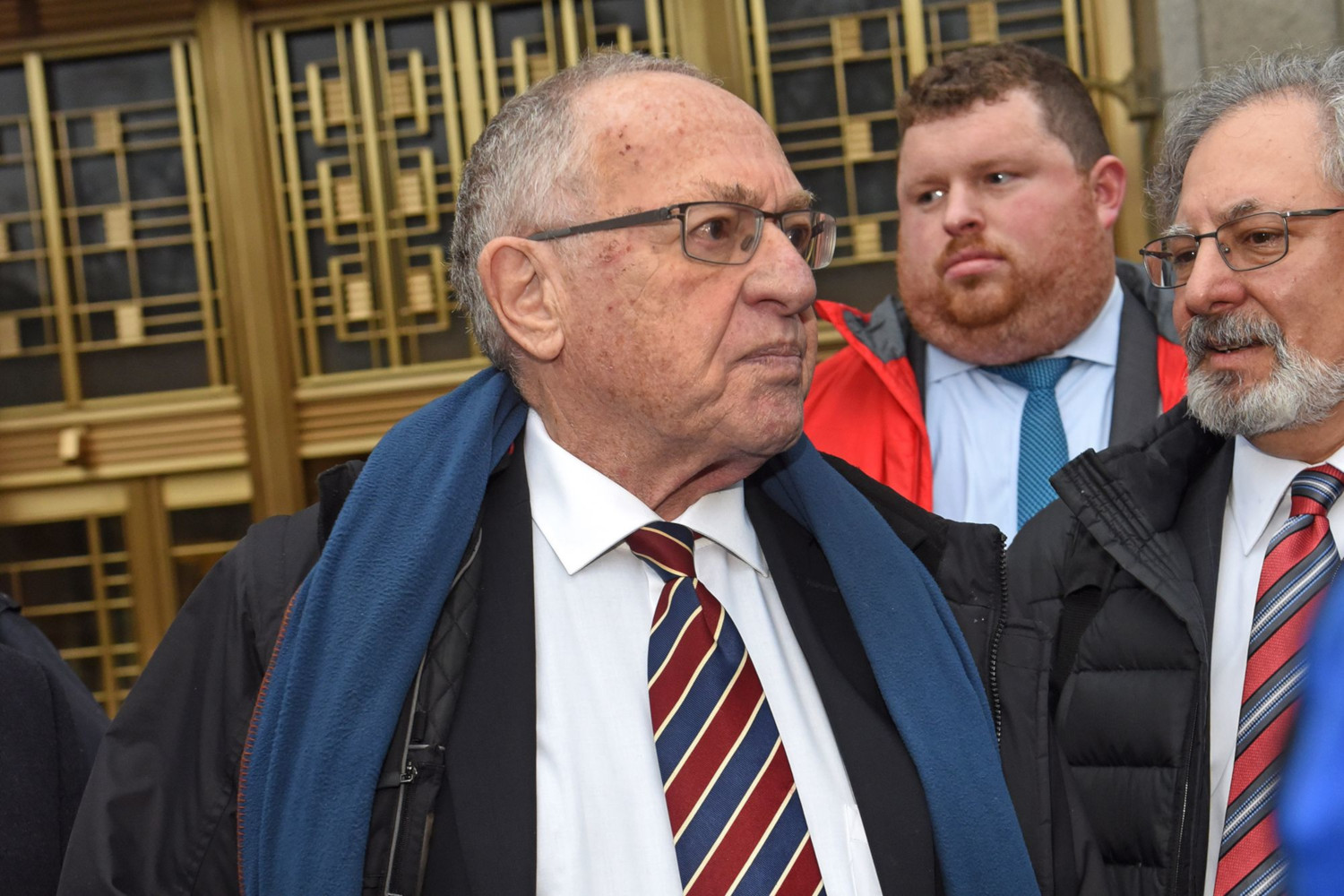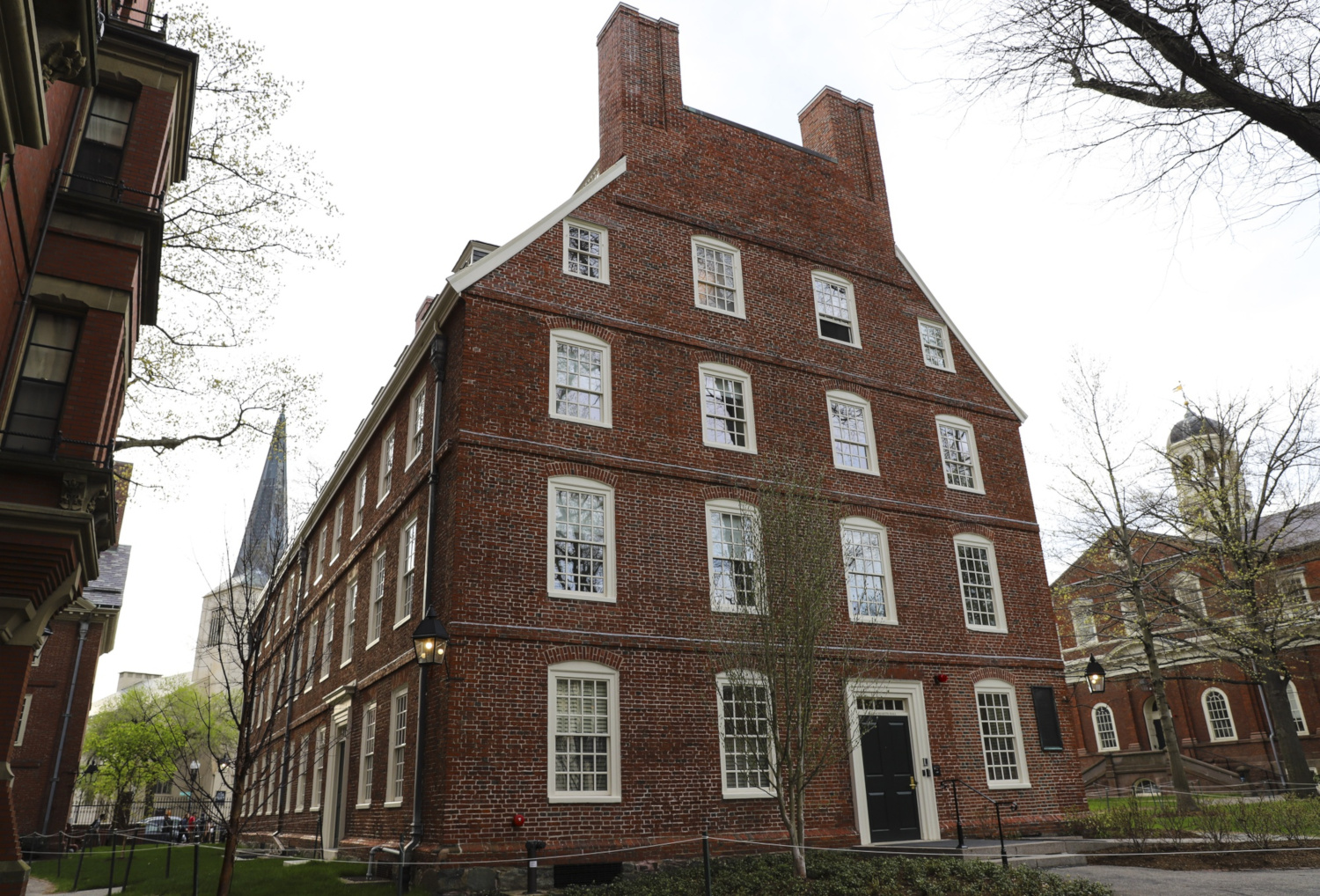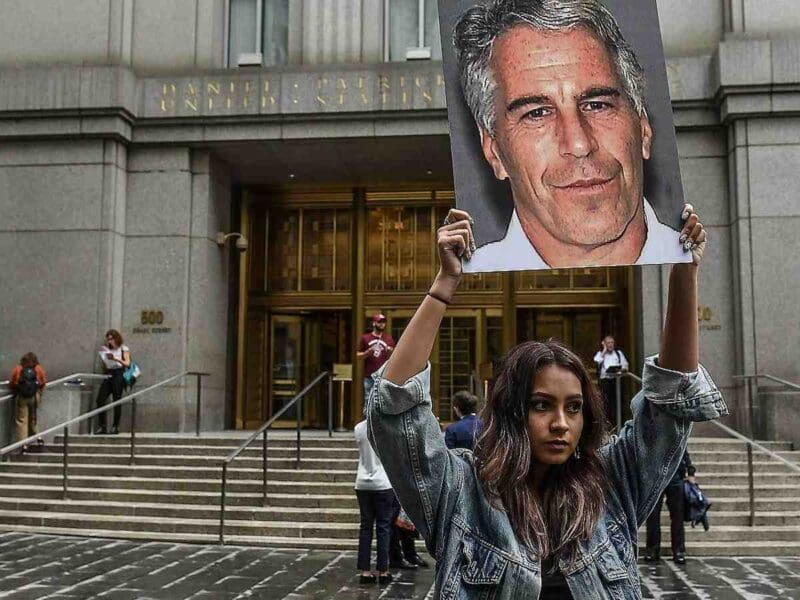
Epstein’s Harvard endowments point out a problem with higher education
It may surprise some that Jeffrey Epstein gave generously to education programs. The disgraced multimillionaire ran a sex trafficking ring with minors, so he’s not the type of person you’d expect to care about education. He was also a college dropout, so you might not expect his giving to go towards higher education endowments.
However, people in the know about Jeffrey Epstein understand that his endowments were part of his cover. By giving large sums to university programs, specifically Ivy League schools like Harvard, he could gain access to prospective students, young girls he could traffic, groom & abuse.
Also, Jeffrey Epstein’s giving reveals some problems with the endowment system at colleges like Harvard. Epstein’s massive wealth & giving allowed him access to privileges he shouldn’t have received. Plus, there’s the elephant in the room when it comes to endowments: purchasing power can pollute sound research.

What’s an endowment?
An endowment is a gift that people give to universities for specific purposes. A retired science professor may bequeath part of his estate to the biology lab for new equipment. A wealthy history enthusiast may set up a fund for guest speakers to lecture students.
Endowments can’t just go anywhere. They have to go to the specific program, building, or scholarship fund the donor tells them to go to. If an English professor makes a scholarship for Sigma Tau Delta (an English honors society) members, the university can’t use the funding for utilities or the football team.
Endowments can fund whole universities. From the time the gift is made through forever, the university meets the donor’s conditions. One university started with an endowment that doesn’t have a football team. The reason? The woman who donated the land & money to start it made “no football teams” a condition of her gift.

The effects of picking & choosing
Making a “no football” rule seems benign. In hindsight, universities with massive football programs that fund their existence may not have made the smartest choice considering COVID-19. However, conditions for endowment can be more sinister when it comes to picking & choosing research projects.
Endowments can make rich programs richer and poor programs poorer. In peer review, a panel approves scientific research funding. The system’s designed to work so that underrepresented voices and sound-but-unconventional ideas stand a chance.
If donors can pick & choose who gets funding, they can upend the process by picking favorites. They can bypass peer review and fund ideas that seem good to them. Jeffrey Epstein donated to a well-funded research program at Harvard merely because he liked what they were studying.

Junk science gets funded for personal agendas.
Jeffrey Epstein funded Harvard’s Program for Evolutionary Dynamics, kicking off the program and ensuring it remained cushy. The reason had nothing to do with supporting scientific research that needed it. Epstein was a modern-day eugenicist who wanted to “improve the gene pool with his own DNA.”
Aside from the disgusting thought of a pedophile thinking his DNA is magically superior, Jeffrey Epstein could focus his endowments specifically on studying genetics and human behavior to prove his debunked thoughts.
While good research should stop bad ideas, the funding can incentivize scientists to give the donor what they want. However, that’s not always the case. According to The New York Times, Jeffrey Epstein’s wishes as a donor influenced Harvard’s PED more than they should have.

Donors may have influence, but not academic competence.
Jeffrey Epstein’s Harvard Endowments also afforded him privileges he didn’t earn. Epstein was a college dropout, but his endowments bought him a position as a “visiting fellow” at Harvard. He had zero credentials! Even if he weren’t a pedophile, would you want to take a class or hear a lecture from someone with no background in the subject?
While many donors only receive honorary titles and therefore don’t teach subjects they’re not qualified to, Jeffrey Epstein had his own office & phone line at Harvard’s PED. His continued endowments, given under the table after Harvard banned him from giving, allowed him to keep accessing the school.

Buying friends
Another bad aspect of Jeffrey Epstein’s giving was that it allowed him to make & buy powerful friends. Epstein met Harvard attorney Alan Dershowitz who helped craft his defense in 2008. Harvard professors continued to support Jeffrey Epstein after his arrest and conviction, and they visited his properties where he allegedly took victims to abuse.

What can universities do?
The association with Jeffrey Epstein and Harvard University reflected badly on the prestigious college and on university giving in general. Harvard released a long statement admitting their culpability. They didn’t screen their donors enough. They looked the other way too much.
Harvard is investigating the extent of Jeffrey Epstein’s giving, especially after they banned gifts from him following his conviction. They put at least one professor on leave for accepting funds from Epstein after the ban.
Harvard isn’t the only university accepting endowments. Funding for universities is low and competitive, and endowments can help universities ease the burden. However, Jeffrey Epstein’s giving shows how universities need to vet their donors more carefully. They also need to rethink how many privileges endowments can buy.








OneSeeksTruth
/
What was he doing with Bill Gates, MIT, Harvard and the whole behavioral tracking research. Sounds like they were setting up exactly for this plandemic.
August 20, 2020